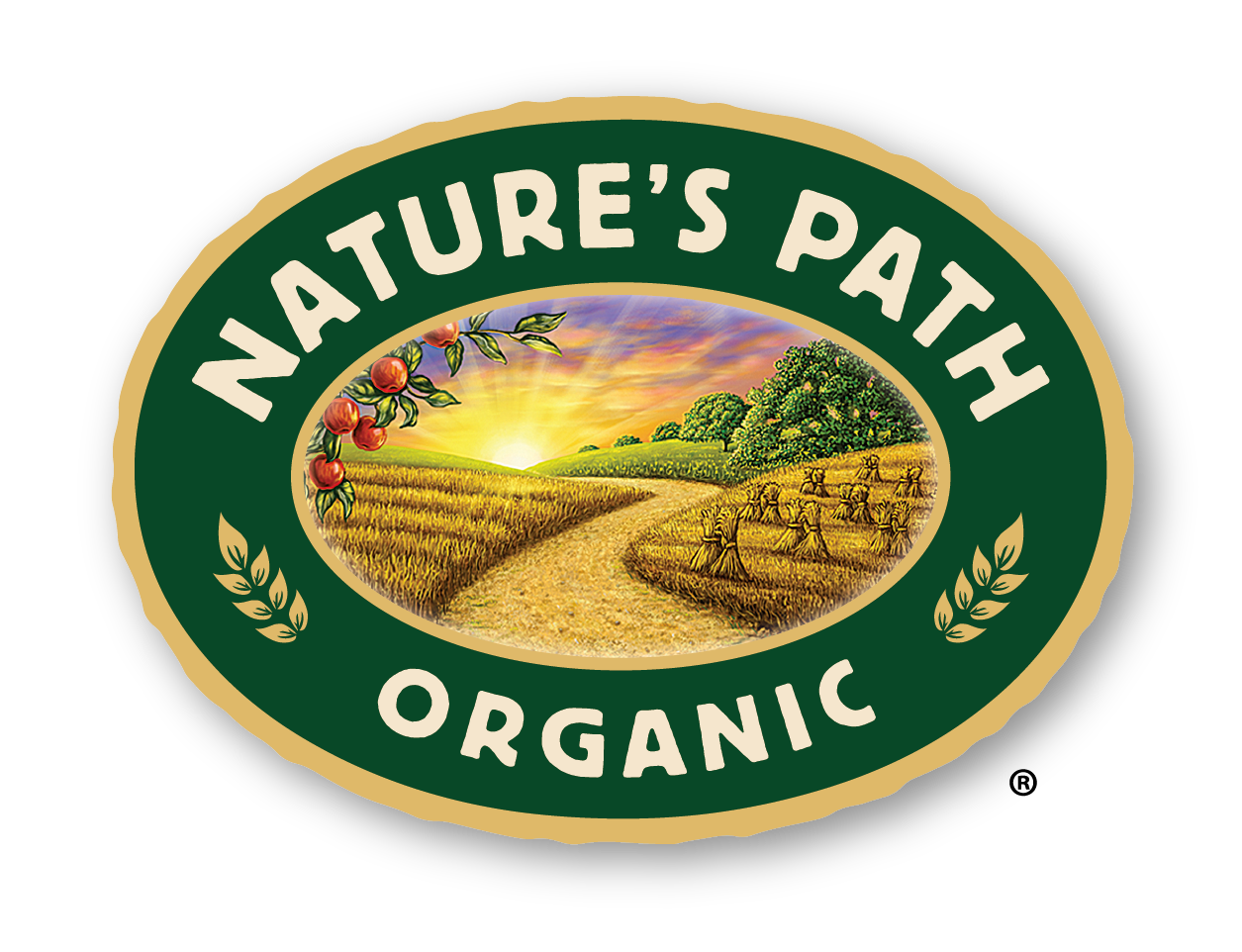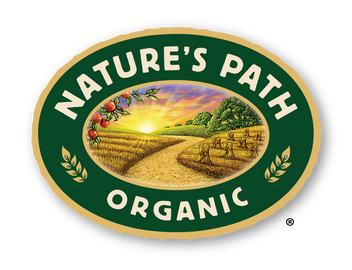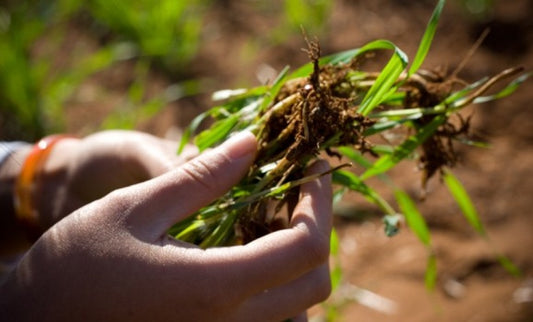What We Do Know
- GMOs exist in varying forms. The term GMO is hard to define and regulate because it encompasses a variety of breeding techniques. These include, but are not limited to: transgenic (made using genetic material from another species), cisgenic (made with genes from another plant, usually in the same family) and subgenic (made with gene-editing technologies but not the introduction of foreign genes).
- Most notorious are crops transgenically bred by agro-chemical companies like Monsanto and Bayer for resistance to herbicides, allowing farmers to spray their crops (so far, the list includes: corn, soy, canola, sugar beets, alfalfa & cotton) directly, killing weeds but not the desired plants. The safety of these herbicide tolerant GMO crops is linked to the increasing use of the herbicides glyphosate and 2,4-D.
- GMO varieties are tested for safety, but those tests are usually performed by the companies that develop them, not by a third-party regulator.
- They pose a contamination risk for all farmers, especially organic farmers.
- They are not allowed under organic certification standards.
Safety Concerns
There is a significant body of research pointing to the relative safety of GMO foods. However, from a consumer perspective, it is important to also point out that these studies test the GMO in question for health risks associated with their genetic modifications, not for secondary applications of herbicide, which (in the case of herbicide tolerant crops) may further alter their safety for consumption. With this in mind, there is also a significant body of research pointing to the dangers of GMOs. The GMO crops currently approved for use in the U.S. received approval because tests found no evidence of certain food safety concerns. However, these assessments do not include other important factors such as environmental safety, contamination of other species and crops, the effect on pollinators, and other potential hazards for human health, such as the effects on gut bacteria and fertility.Big Business
Food safety activists have long been skeptical about claims extrapolated from such industry-facilitated tests, saying that the federal policy of allowing a manufacturer to conduct their own product safety tests (a policy that applies to all new food products, not just GMO foods) is prone to abuse and manipulation. Monsanto emails recently released to the public cast further doubt on the neutrality of industry-performed GMO evaluations, showing evidence of articles supporting GMO and glyphosate safety published by unaffiliated scientists having been co-written by Monsanto employees. The stakes are high – 90 per cent of all corn and soybean crops in the U.S. are from GMO seeds (and require the use of associated herbicides sold by the same company). GMO crops mean big money for the corporations that manufacture them, as well as the U.S. economy. Given the economics of GMOs, it’s no wonder that balanced evaluations about their safety are few and far between.Would you like to be the first to hear about our new products and more? Sign up for our Nature’s Path Newsletter.








